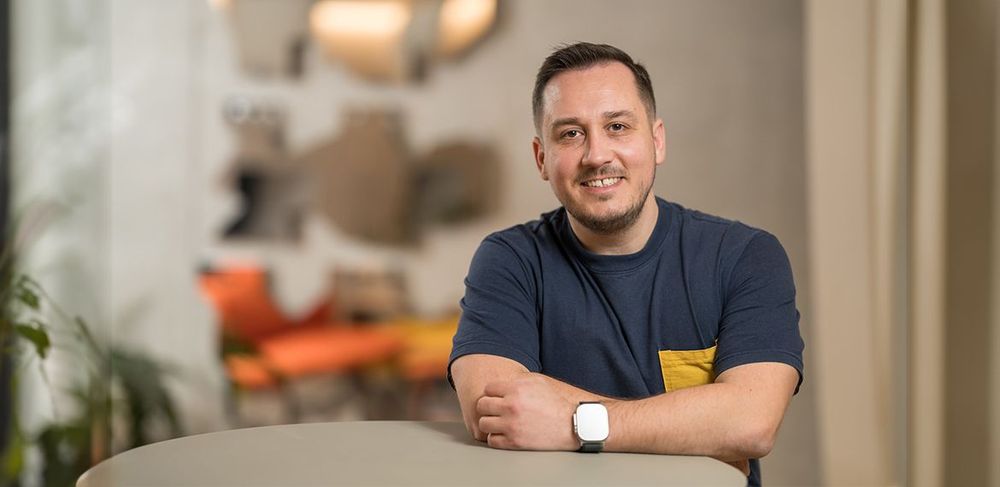
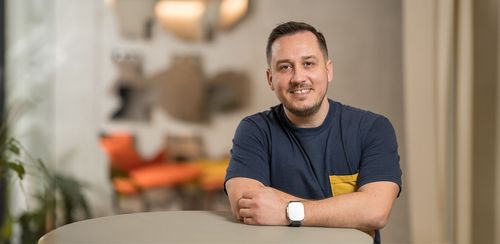
What does flexible working look like in a technology company in 2024?
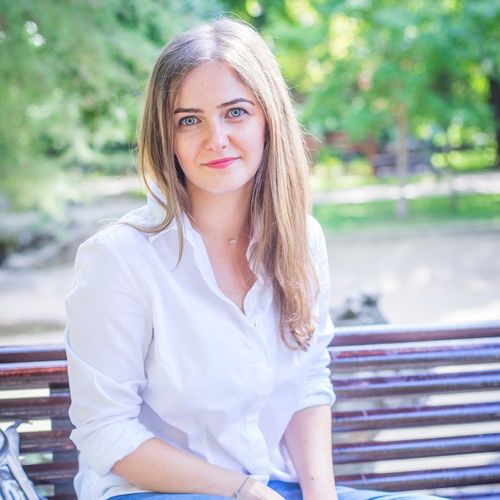
20 February, 2024
Share this article
Table of Contents
My dual role as a contributor for Pluria & communication lead at ING Hubs Romania facilitated today's interview with my colleague, Mihai Mogoș - IT Area Lead 😀 We're talking about how software engineering teams work and connect in a hybrid environment, about the 4-day workweek, and the challenges it brings.
Without too much corporate preamble, I dive straight into the dialogue and hope to inspire you!
What does hybrid working mean at ING Hubs, how often do you go to the office?
At ING Hubs Romania, we have a hybrid working model based on what we call "interactions with purpose". This translates into encouraging colleagues to come to the office as often as it makes sense for them, depending on the activities they are involved in. "Interactions with purpose" are those moments where physical connection is important, where meetings at the office serve a purpose: welcoming a new team member, brainstorming sessions, retrospectives, etc. I go to the office about two to three times a week, especially when I have one-to-one sessions with colleagues from my team. And for these meetings, we take advantage of the fact that we have a central office on Calea Victoriei, so we can go out into the garden or take a walk around. "Walk and talk meetings" have remained for us since the pandemic period when I met with colleagues in the park closest to them.
How did you come up with these team rituals, how did you decide which moments you spend physically at the office and which remote?
The organization is based on Agile work methodologies and the "Scrum" framework, so we relied heavily on teams' ability to self-regulate and establish together the moments of offline meetings. We also had coaching sessions with expert consultants in ways-of-working who provided us with diverse perspectives from other work environments. With their help, we were able to gain insights at multiple levels: individual - team - organization.
How does a workweek look like for you?
I would say that workweeks at ING Hubs can look very different from one day to another and from one colleague to another. Some colleagues are enrolled in the 4-day workweek program, so they establish with their team the days of the week they will work. Additionally, on some days, we may have visitors from the countries we work with within the global ING group; on others, we participate in various internal events organized at the office (parties, blood donation campaigns, technical meet-ups, board game nights), or on other days, we spend time together with colleagues outside the office, at external events (we support presentations in universities, work with teenagers in the PepinTEEN program, plant trees, etc.). I've been at ING Hubs for 12 years, and I can say it's not a place where you get bored.
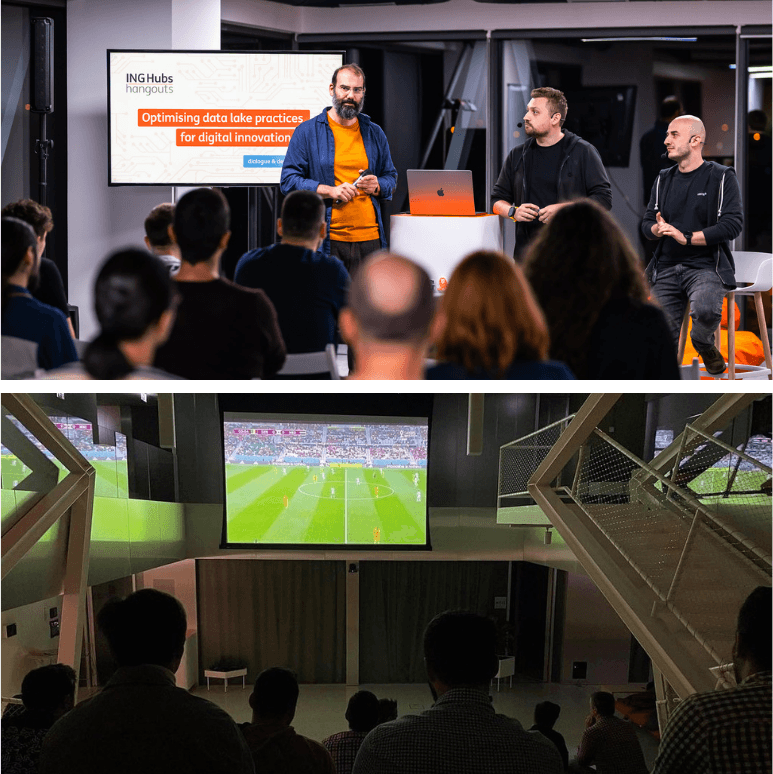
The 4-Day Work Week program is already in high demand, and ING Hubs was among the first companies to implement it in Romania after the pandemic. How is it for those who follow it, what are the challenges at the team and individual levels?
The organization desired this flexibility at all levels. It's important, given that the work we do is based on creativity and synchronization with different people from various countries working in different time zones.
Certainly, this flexibility comes with some challenges, in the sense that colleagues' schedules need to be carefully planned to cover the entire week. Everything relies on the team's ability to self-manage, especially since in the engineering departments, we apply the principle of "you build it, you run it," meaning we are responsible for maintaining the application in production.
Hundreds of colleagues across the organization have opted for this program, and I am among them. At an individual level, I believe discipline and accountability are key. Working 10-hour days can sometimes be exhausting and can affect you personally. That's why such a program is not for everyone. It's important, as an organization, that suitable options are offered to everyone. I would be happy to see this option, the 4-day work week program, adopted by as many companies in Romania as possible.
You've touched on a sensitive topic: flexibility, which is a highly sought-after benefit in today's job market. What does "workplace flexibility" mean to you? What do you find at your current workplace, and what would you perhaps wish for more?
Indeed, flexibility is increasingly important in the current context, especially when your profession involves creativity and innovation. You need to be able to concentrate, and knowing that you can adjust your schedule to work when you feel most productive maximizes results. We are over 1,700 different people, with diverse needs and qualities, and it helps to have multiple options available for organizing work schedules effectively.
For me, workplace flexibility means knowing that I have the freedom to organize myself as long as I get my job done and align with other colleagues. I hope this openness is maintained; I believe it's an adaptation to the times and context.
When I joined ING Hubs (or as it was known back then, ING Tech), we were only 7 people. I have stayed here for 12 years because I felt the organization has always been open to new ideas; we haven't remained stuck in time. Of course, "the organization" is an abstract concept because it is built by people, and I believe that's what matters: selecting people who share a common set of values. Despite our impressive growth as an organization, we haven't rushed to recruit colleagues just for the sake of growth because there was a risk of not resonating with them at a fundamental level.
How important is the office as a workspace? Does it provide the appropriate framework for team bonding?
When work began on this new office, a call for projects was launched for architects: "Design an office for a person". And that said it all: from location to selected materials, to furniture, everything revolved around the colleagues who populate the building.
The @TheCuriousOffice space was designed to encourage interactions among people. Beyond smaller and larger rooms (suitable for meetings or phone calls), we have an Auditorium where we meet during the day for presentations and in the evening for movie screenings or World Cup matches. There's a café space behind the interior stairs where we gather for pizza and board games, a garden where we enjoy good conversations at sunset during the summer, a rooftop terrace where we've spent evenings with a DJ's music and admired the planets through a telescope. We have many opportunities to connect with those around us; the space is very conducive in this regard.
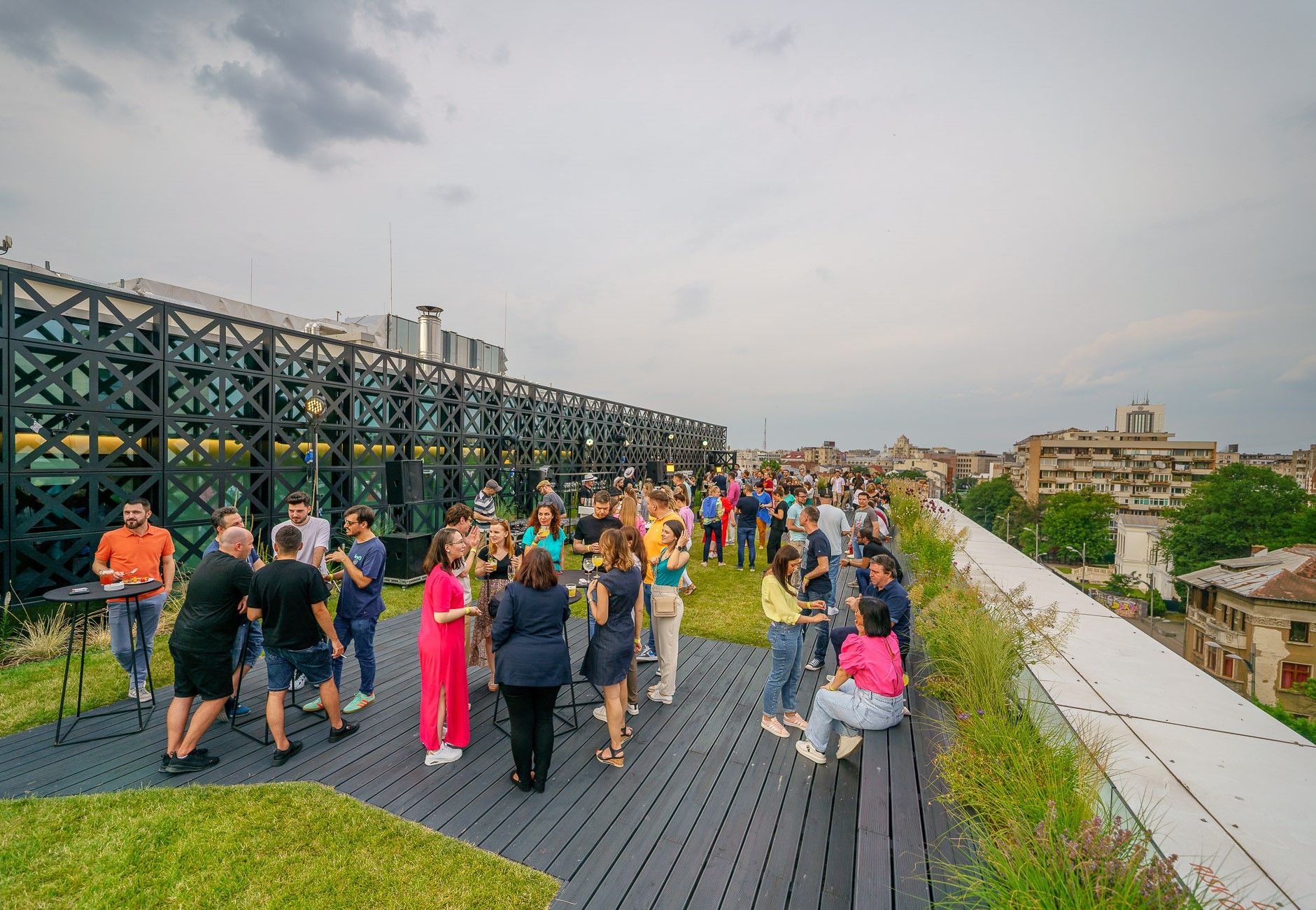
Interviews
Keep up to date with our most recent articles, events and all that Pluria has to offer you.
By subscribing to the newsletter you agree with the privacy policy.
The way we work has suffered dramatic changes in the past several years and, as a consequence, so did employee perks and benefits. Thinking beyond the traditional benefits package has become a necessity for [...]
04 December, 2023

A paper published in 2020 by the Harvard Business Review stated that productivity is closely related to the way teams are managed by their leaders. And the pandemic challenged managers to develop leadership[...]
04 December, 2023

Personally, during these last years I’ve been working mainly remotely & hybrid. This experience has taught me to constantly look for new methods to manage the projects, to communicate with the teams inv[...]
11 December, 2023